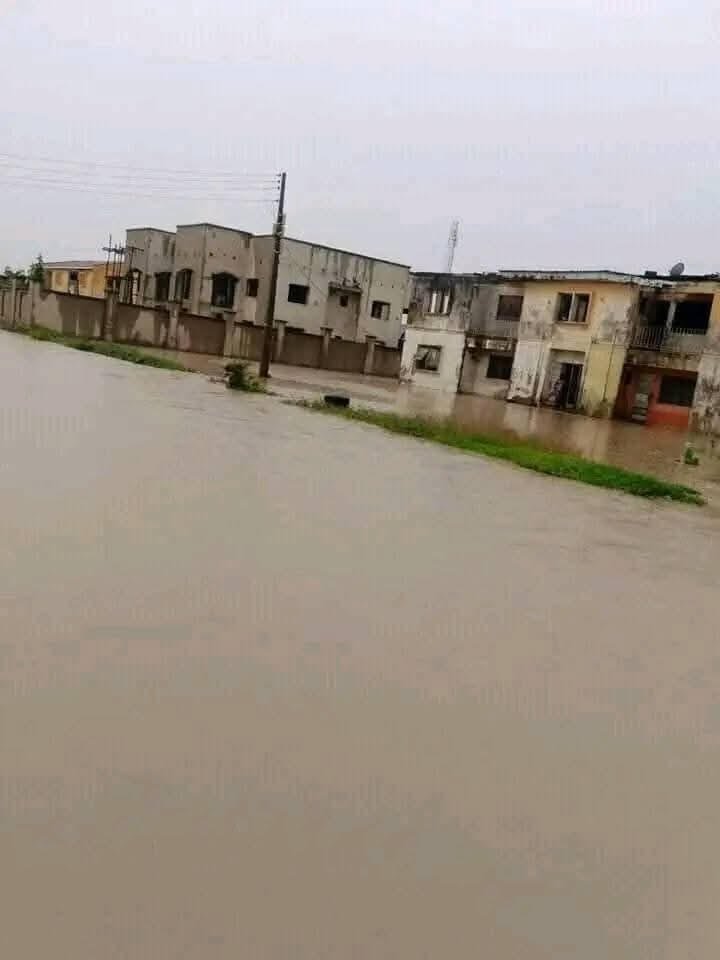Nigeria has been plagued with a relentless malaria crisis — a century-old scourge that kills more Nigerians than any other disease. In this special report, Korede Abdullah, Africa Health Report’s (AHR) Southwest correspondent, examines and questions whether the proposed National Agency for Malaria Eradication will finally deliver a breakthrough or simply add another layer to the country’s maze of underperforming bureaucracies.
A Century-Old Killer Still Stalking the Tropics
In the 21st century, when medical marvels can conquer diseases once thought invincible, malaria still reigns supreme in Nigeria — a tropical plague that kills an estimated 184,000 Nigerians every year, according to the World Health Organisation (WHO) 2024 report.
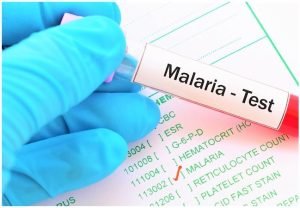
This means Nigeria alone accounts for about 31% of global malaria deaths and 27% of all malaria cases worldwide — an epidemic that shows no sign of abating. Despite billions spent, countless committees formed, and campaigns mounted, the mosquito-borne parasite keeps cutting down children, expectant mothers, and entire livelihoods.
Now, as lawmakers push to create yet another agency to “eradicate” malaria, Nigerians are asking: will this be a genuine cure — or just another bureaucratic mirage?
New Agency or Old Tricks?
A Bill for an Act to establish the National Agency for Malaria Eradication (NAME) has breezed through its second reading in the Senate. Sponsored by Sen. Ned Nwoko, the proposal promises a “coordinated, science-driven” war on malaria.
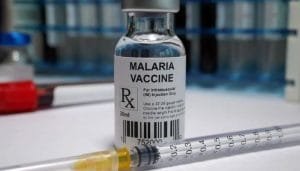

“A fragmented structure cannot confront a mutating threat,” Nwoko declared during plenary, pointing out that malaria remains responsible for about 11% of maternal deaths in the country.
But not everyone is convinced. The Ministry of Justice, NAFDAC, and some public health experts argue that Nigeria already has multiple agencies tasked with malaria control — what it needs is not more layers but more efficiency.
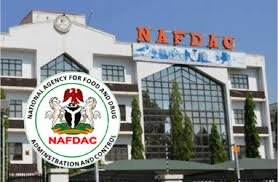
A National Emergency, A Political Gamble
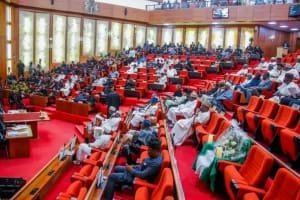
Supporters of the bill say malaria’s devastation is far more than a health statistic. It drains the economy, fuels miscarriages, infant mortality, and severe anaemia, and robs the country of millions of productive hours each year.
“Malaria is not merely a public health issue; it is a structural crisis that impairs maternal health, drains economic productivity, and impedes national development,” Nwoko said on the floor of the lower legislative house.
Fellow lawmaker Ede Dafinone added that malaria’s economic drain has become an invisible tax on every Nigerian household, shrinking the nation’s GDP year after year.
Too Many Committees, Too Little Action
Chairman of Nigeria’s Malaria Technical Working Group, Kolawole Maxwell, is blunt: “We have so many programs and agencies already — why do we need another?”
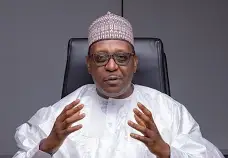
He points to the estimated 68 million malaria cases Nigeria records annually, arguing that the solution lies in strengthening the National Malaria Elimination Programme (NMEP) and the National Primary Healthcare Development Agency (NPHCDA), not creating a rival body that could further splinter malaria efforts.
“We recommend changing the target from eradication to elimination and ensuring robust inter-agency coordination,” Maxwell said while fielding questions from newsmen.
A Tale of Treated Nets and Broken Trust
Nigeria’s malaria fight has long been marred by stories of corruption and poor accountability. One glaring example is the scandal of treated mosquito nets — lifesaving tools distributed freely to millions of households, only to be sold in open markets.
“What’s the use of spending billions on nets when they end up traded for peanuts instead of hanging over beds?” asked Chioma Amajoh, Executive Director of Community Vision Initiative.
She insists that unless communities see real value in these interventions, even a new agency will fail to halt the 600,000 malaria deaths globally each year — of which Nigeria remains the worst-hit.
The Medicine Price Trap
Rising medicine prices add another layer to the crisis. With inflation biting, many Nigerians can no longer afford basic malaria treatment, let alone newer combination therapies.
Dr. Ismaila Dankogi, President of the Environmental Health Officers Association (EHOA) in Abuja, warned that “soaring drug prices risk pushing poor families to rely on unverified herbal concoctions or untreated symptoms — feeding a vicious cycle that helps sustain the country’s millions of annual cases.”
Could Alternative Remedies Bridge the Gap?
Given this economic squeeze, experts are calling for a balanced embrace of verified traditional medicine alongside orthodox treatment.
“In rural areas, herbal remedies are a cultural reality,” said Dr. Dankogi. “If rigorously tested and regulated, they could complement mainstream treatment and lighten the burden on public hospitals.”
However, he cautioned that this must never replace prevention strategies like environmental sanitation and robust vector control, which remain essential to reversing the stubborn statistics.
Public Health or Political Theatre?
For many health advocates, the current debate is not just about one agency. It is a litmus test of whether Nigeria can build institutions that work.
“We must ask ourselves: why do we succeed in mobilising billions for COVID-19 but not for malaria?” Amajoh posed.
Observers fear that creating another agency could become a new drainpipe for embezzlement — a charge some lawmakers deny but critics like Imarha Reuben of the Ministry of Justice believe is all too real, especially with malaria still claiming nearly one in three malaria deaths worldwide.
Advocacy, Education, and Community Buy-In
If any real solution exists, it lies beyond Abuja’s marble floors. Experts like Dr. Mudashiru Adesina, a public health practitioner who spoke with Africa Health Report (AHR), agree that only deep-rooted public health advocacy, aggressive community education, and accountability can break malaria’s grip.
“People must understand that malaria thrives where filth and stagnant water breed mosquitoes,” said Dr. Adesina. “Prevention is cheaper than cure, but only if we back words with sustained grassroots action that can finally bend the curve on these staggering numbers.”
An Opportunity Not to Waste
Senate President Godswill Akpabio captured the stakes succinctly: “It’s time to move from seasonal campaigns to institutionalised eradication, backed by law, science and accountability.”
Whether NAME becomes the silver bullet or just another name on a letterhead depends on Nigeria’s will to follow through. As the rainy season returns, so too does malaria’s annual reign of fear — a reminder that for millions of Nigerians, real reform cannot come soon enough if the nation is ever to shed its grim title as the world’s malaria capital.


